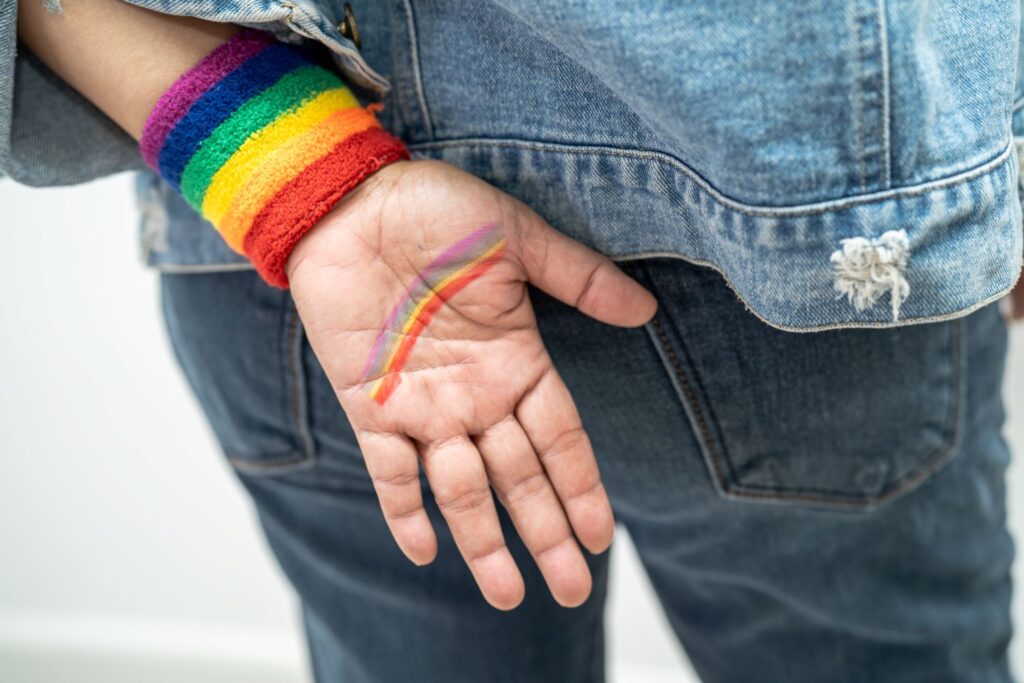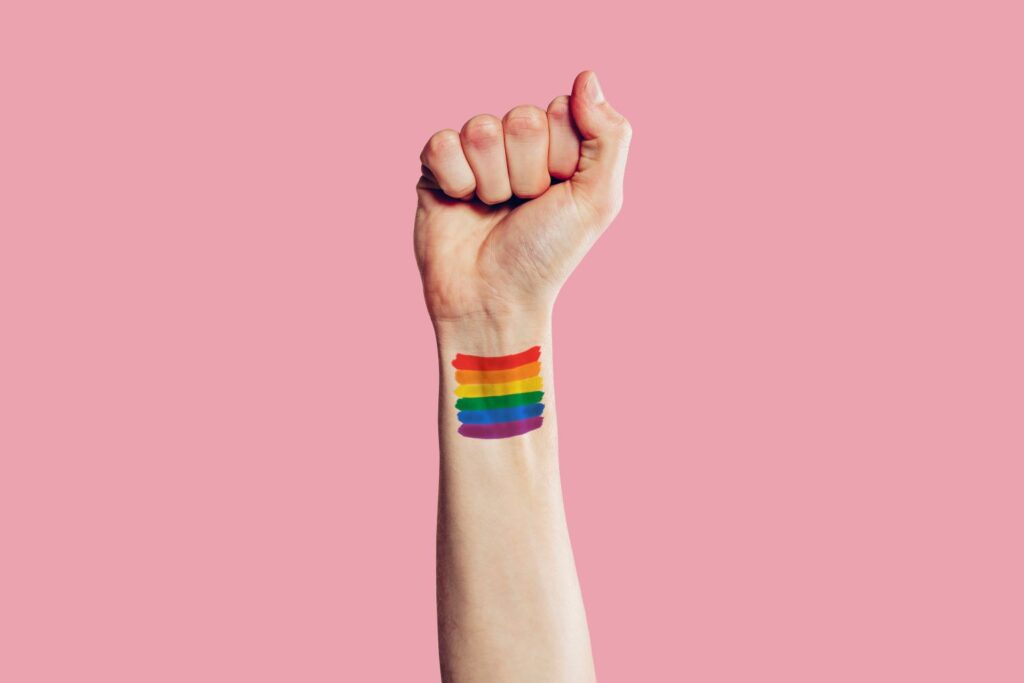
Hey there, beautiful soul! In a world where acceptance can feel like a distant dream, your journey as part of the LGBTQ+ community is uniquely yours. Yet, within this path, you might find yourself wrestling with a silent foe: internalized homophobia. Let’s dive into the depths of this struggle, unraveling its origins, its impact on mental health, and most importantly, how you can rise above it.
Unveiling the Roots: Understanding Internalized Homophobia
Picture this: your upbringing, societal pressures, religious teachings, and media portrayals—all contributing factors to the tangled web of internalized homophobia. Your family might have unknowingly instilled beliefs that clash with your truth. Or perhaps, your religious community preached love while silently condemning your identity. Even in today’s seemingly progressive world, media representations often perpetuate stereotypes, leaving you feeling misunderstood and invalidated.
Decoding the Symptoms: Signs of Internalized Homophobia
How do you know if internalized homophobia has taken root in your psyche? Look for the telltale signs: self-loathing, fear of rejection, and struggles accepting others’ sexual orientations. It might manifest as internal conflicts, emotional distress, or persistent feelings of shame and self-doubt. These symptoms, though invisible to the naked eye, can weigh heavily on your mental well-being, leading to depression, anxiety, and even thoughts of self-harm.
Confronting the Impact: Mental Health Ramifications
The toll of internalized homophobia on your mental health cannot be overstated. It can poison your relationships, dampen your spirits, and drive you towards destructive coping mechanisms like substance abuse. The shame and self-doubt it breeds create a battleground within your mind, eroding your sense of self-worth and leaving you vulnerable to the darkness of depression and anxiety.
Embracing the Journey: Steps Towards Healing
But fret not, dear friend, for there is hope amidst the shadows.
- Acknowledgment is the first step towards liberation. By recognizing the presence of internalized homophobia, you’ve already begun your journey to reclaiming your truth.
- Therapy, particularly LGBTQ+ affirming therapy, offers a haven to unpack and challenge these internalized beliefs.
- Surrounding yourself with a supportive community—a tribe that celebrates your authenticity—can be a powerful antidote to loneliness and shame.
Educate, Empower, Embrace: Building Resilience
Knowledge is power, and in the case of internalized homophobia, it’s your greatest weapon. Delve into LGBTQ+ history, immerse yourself in queer culture, and seek out narratives that resonate with your truth. Challenge the status quo by consuming media that uplifts and celebrates diverse identities. But above all, practice self-compassion and self-acceptance. Your journey towards embracing your LGBTQ+ identity is a deeply personal one. Whether it’s engaging in advocacy, attending Pride events, or simply celebrating the unique tapestry of your being, follow the path that feels true to you.
A Journey of Self-Discovery: Your Roadmap to Liberation
Remember, dear one, your journey towards liberation is a marathon, not a sprint. Embrace the highs and lows, the triumphs and setbacks, for each step forward is a victory in itself. Surround yourself with love, seek out spaces that honor your truth, and above all, be kind to yourself. You are worthy of love, acceptance, and unapologetic self-expression. So, take a deep breath, dear friend, and step boldly into the radiant light of your authenticity.
Your truth is your greatest gift—embrace it, celebrate it, and let it illuminate the path towards your liberation. And remember, Bliss Health offers Gender Affirming Care services to support & affirm an individual’s gender identity. Our services comply with the new Florida state Transgender Care Regulations. We offer exclusive medical intervention by Dr. Roberto Ortiz. Contact us by calling 407-972-0924 or visit us at 2901 Curry Ford Rd #106, Orlando, FL 32806. We are always happy to receive you.


